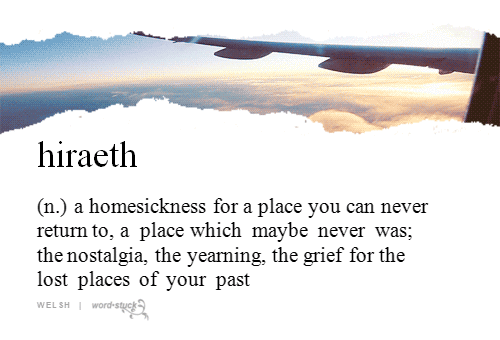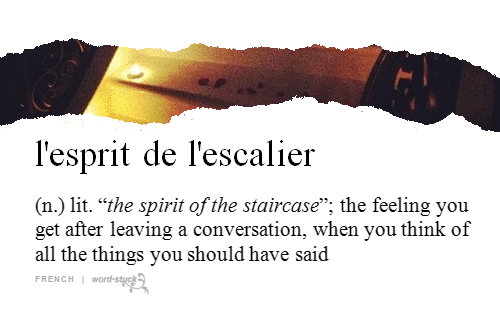“Philosophy is the childhood of the intellect, and a culture that tries to skip it will never grow up.”
–Thomas Nagel
Perhaps this quote does not lend itself to the interpretation that I will now transpose upon it, but it is the invocation upon which these musings are built, so I will include it nonetheless. Being in college as and English and Philosophy major is such a strange thing. It is freeing and exhilarating to be immersed in subjects which I was told, or at least systematically conditioned to believe, were useless. But somehow studying them more has not made them more “useful” to me. I do not think they would even be “useful” if I were to go on and become the world’s greatest contemporary philosopher or the next bestselling author or the most sought-out keynote speaker. The thing with these subjects is that they are by their very nature inconclusive and therefore hold no real “usefulness”. Useful things have an end goal, they have a purpose which can be perfectly traced like the mechanical parts in an IKEA instruction manual. But english and philosophy will only allow you to bask in the glorious and magnificent enquiry of human existence. That is practically useless.
They both seem to be two wildly selfish disciplines. They aim to satisfy insatiable and snowballing curiosity. To want to understand the world for yourself holds no innate goodness unless you intend to act upon that knowledge. There is no moral worth in knowledge unless it is applied. And so philosophy and english, for me, as Nagel said, are both the “childhood of my intellect”. They are my selfish vices to inconclusive understandings and problems I will always flirt with but never love.
But Mr. Nagel, you are wrong about one thing– if we want to “grow up”, we cannot altogether rid ourselves of the childhoods of our philosophy. We must live both as adults and as children, as vice and virtue, in order to be complete. To be either only adult or only child is a travesty against intellect.





